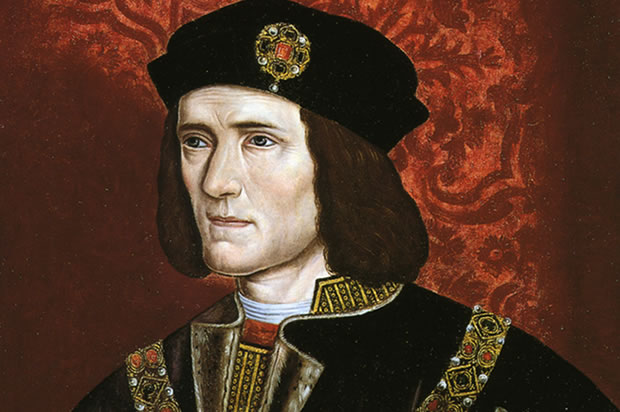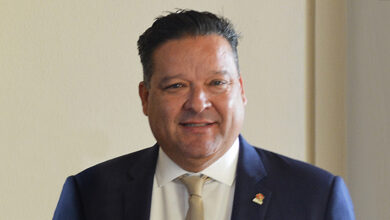Richard III: DNA analysis on remains raises questions over royal succession

Analysis of DNA from Richard III has thrown up a surprise: evidence of infidelity in his family tree, the BBC reports.
Scientists who studied genetic material from remains found in a Leicester car park say the finding might have profound historical implications.
Depending on where in the family tree it occurred, it could cast doubt on the Tudor claim to the English throne or, indeed, on Richard’s.
The study is published in the journal Nature Communications.
But the scientists would not be drawn on what meaning it might have – if any – for the current Royal Family, as it was still unknown when the break, or breaks, in the lineage occurred.
In 2012, scientists extracted genetic material from the remains discovered on the former site of Greyfriars Abbey, where Richard was interred after his death in the Battle of Bosworth in 1485.
Their analysis shows that DNA passed down on the maternal side matches that of living relatives, but genetic information passed down on the male side does not.
However, given the wealth of other details linking the body to Richard III, the scientists conclude that infidelity is the most likely explanation.
“If you put all the data together, the evidence is overwhelming that these are the remains of Richard III,” said Dr Turi King from Leicester University, who led the study.
Speaking at a news briefing at the Wellcome Trust in London, she said that the lack of a match on the male side was not unexpected, because her previous research had shown there was a 1-2% rate of “false paternity” per generation.
The instance of female infidelity, or cuckolding, could have occurred anywhere in the numerous generations that separate Richard III from the 5th Duke of Beaufort (1744-1803), whose living descendants provided samples of male-line DNA to be compared against that of the Plantagenet king.








